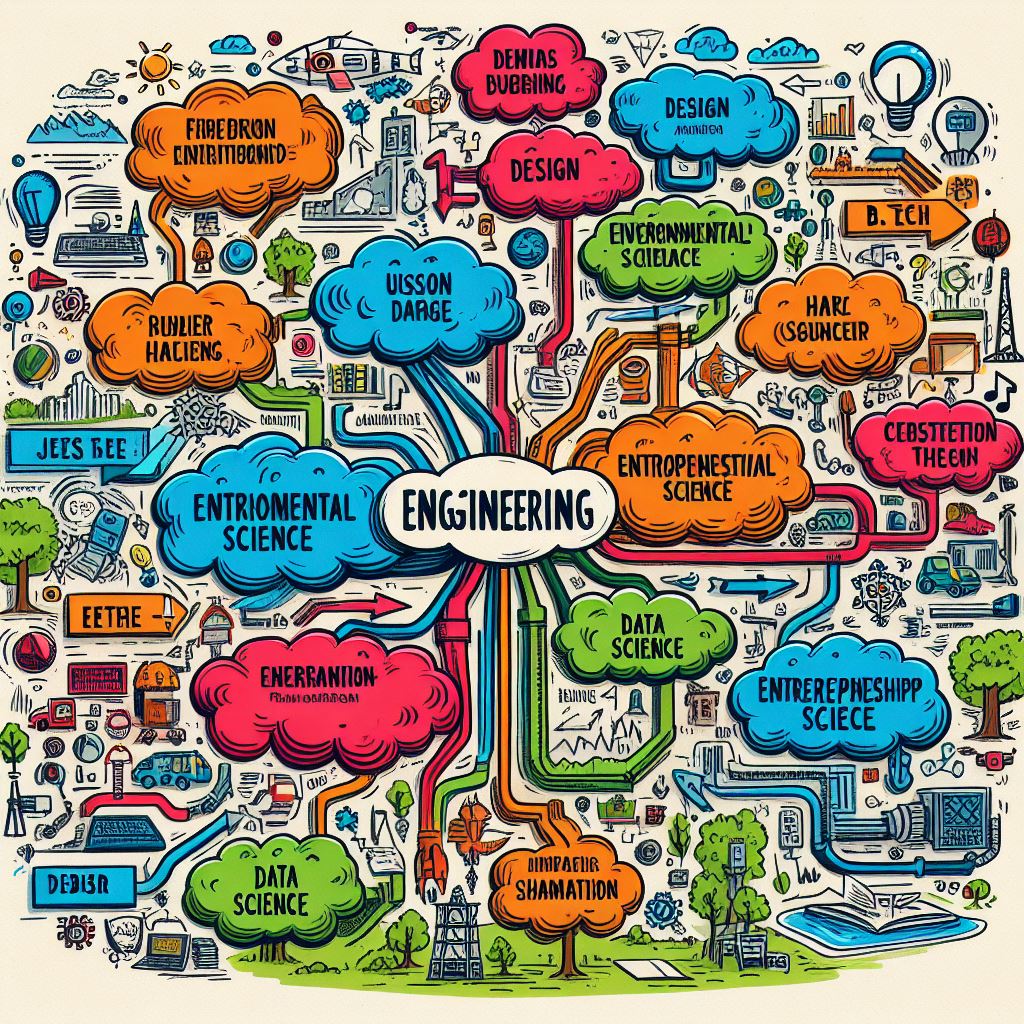Embarking on a journey to pursue a Bachelor of Technology (BTech) degree opens up a world of opportunities and possibilities.
While the Joint Entrance Examination (JEE) is a widely known route to gain admission to prestigious engineering colleges, there exist several alternative paths that offer students a chance to realize their engineering dreams.
In this article, we delve into various options to pursue BTech other than the JEE, presenting a unique perspective in simple language.
- State-Level Entrance Exams: Many states conduct their own entrance examinations for admission to engineering colleges. These exams, such as the Maharashtra Common Entrance Test (MHT CET), Karnataka Common Entrance Test (KCET), and Uttar Pradesh State Entrance Examination (UPSEE), offer students an opportunity to gain admission to engineering colleges within the respective states based on their performance.
- University-Level Entrance Exams: Several universities conduct their own entrance exams for admission to BTech programs. Institutions like the Birla Institute of Technology and Science (BITS), Vellore Institute of Technology (VIT), and Manipal Academy of Higher Education (MAHE) conduct their own entrance exams (BITSAT, VITEEE, and MET, respectively) for admission to their engineering programs.
- Direct Admission Based on Board Exam Performance: Some engineering colleges offer direct admission to students based on their performance in the board exams (such as CBSE or state boards) without requiring them to appear for any entrance examination. This mode of admission may have specific eligibility criteria and cutoffs set by the colleges.
- Diploma to Degree Programs: Students who have completed a diploma in engineering or a related field can opt for lateral entry into BTech programs. Many colleges offer lateral entry admissions directly into the second year of the BTech program, allowing diploma holders to pursue a degree in engineering.
- International Entrance Exams: Students aspiring to pursue BTech programs abroad can explore entrance exams such as the Scholastic Assessment Test (SAT), Advanced Placement (AP) exams, or International Baccalaureate (IB) diploma program. These exams are recognized by universities worldwide and serve as a gateway to admission in engineering programs abroad.
- Foundation Programs: Some colleges offer foundation programs designed to prepare students for entry into BTech programs. These programs focus on strengthening students’ fundamentals in subjects like mathematics, physics, and chemistry and may include entrance tests as part of the admission process.

- Private Universities and Colleges: Private universities and colleges often conduct their own entrance exams for admission to BTech programs. These exams may have varying formats and eligibility criteria, providing students with additional options to pursue their engineering education.
- DASA (Direct Admission of Students Abroad): The DASA scheme allows foreign nationals, Persons of Indian Origin (PIOs), and Non-Resident Indians (NRIs) to seek admission to undergraduate engineering programs in India’s premier institutions, including the National Institutes of Technology (NITs), Indian Institutes of Information Technology (IIITs), and other centrally funded institutions.
- Scholarship-Based Programs: Some organizations and institutions offer scholarship-based programs that provide financial assistance along with admission to BTech programs. These programs may have their own selection process, including written tests, interviews, or academic performance evaluation.
- Research and Innovation Programs: Institutes like the Indian Institutes of Science Education and Research (IISERs) and the Indian Institutes of Technology (IITs) offer specialized programs focusing on research and innovation in engineering. Admission to these programs may involve additional selection criteria beyond traditional entrance exams.
In conclusion, while the JEE is a popular route to pursue BTech programs, there exist numerous alternative paths for students to realize their engineering aspirations.
By exploring state-level exams, university-level exams, direct admissions, diploma to degree programs, international exams, foundation program’s, private universities, DASA scheme, scholarship-based programs, and research-focused programs, students can find the path that best suits their interests, goals, and aspirations.
Ultimately, what matters most is the passion, dedication, and determination to excel in the field of engineering, irrespective of the route chosen.

